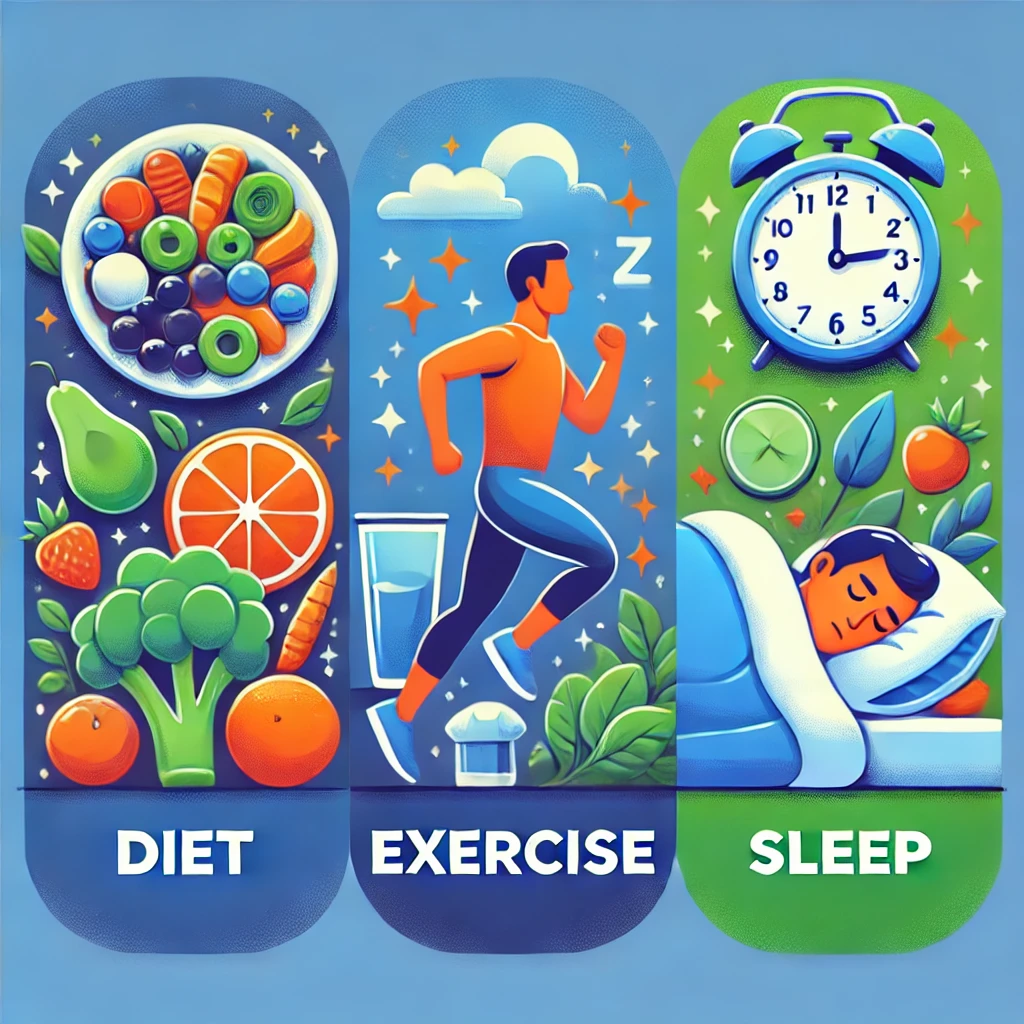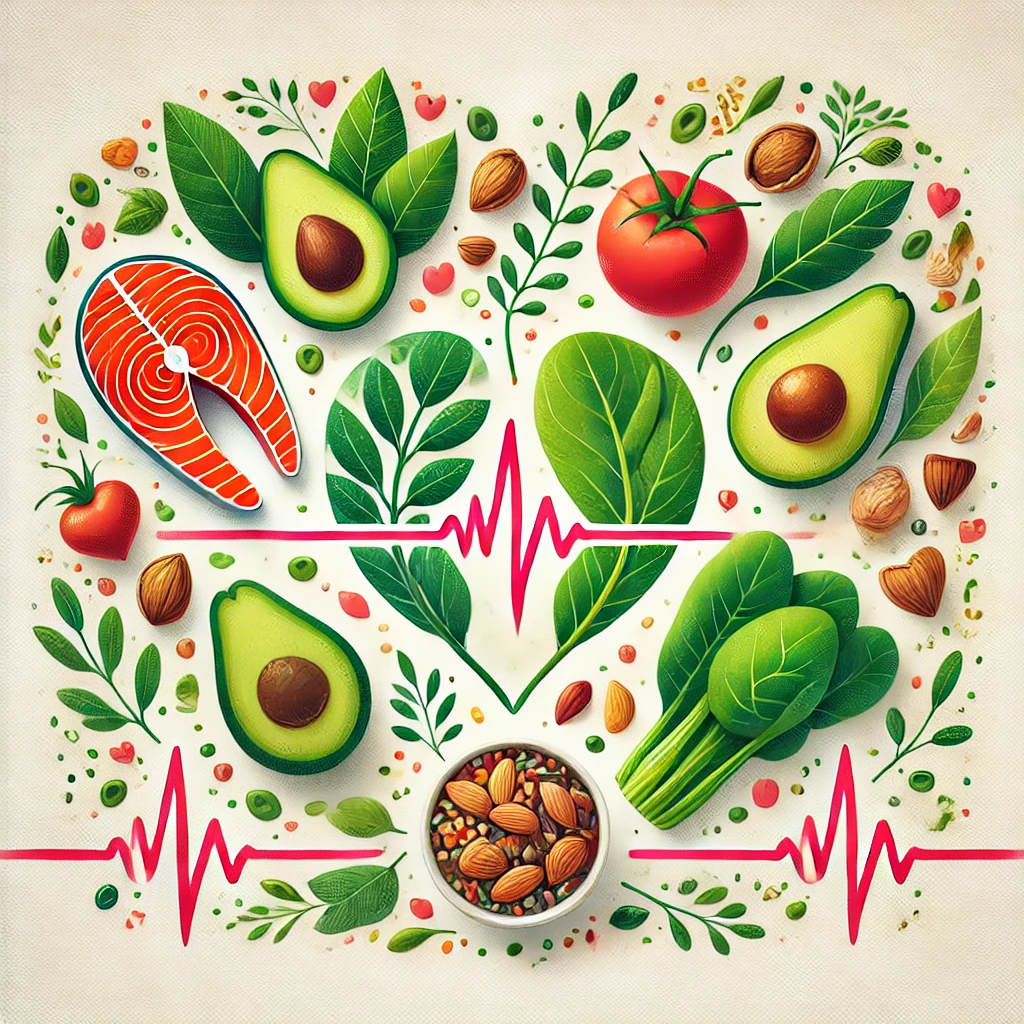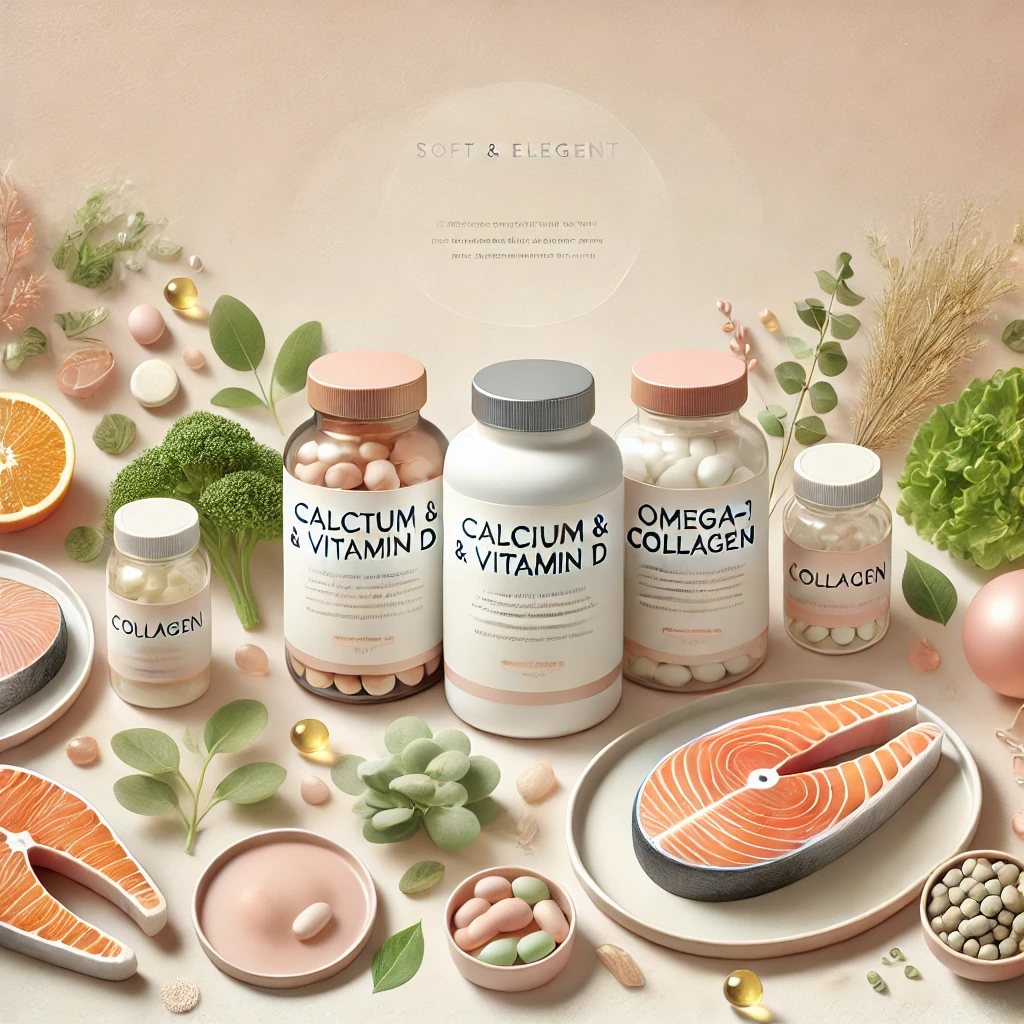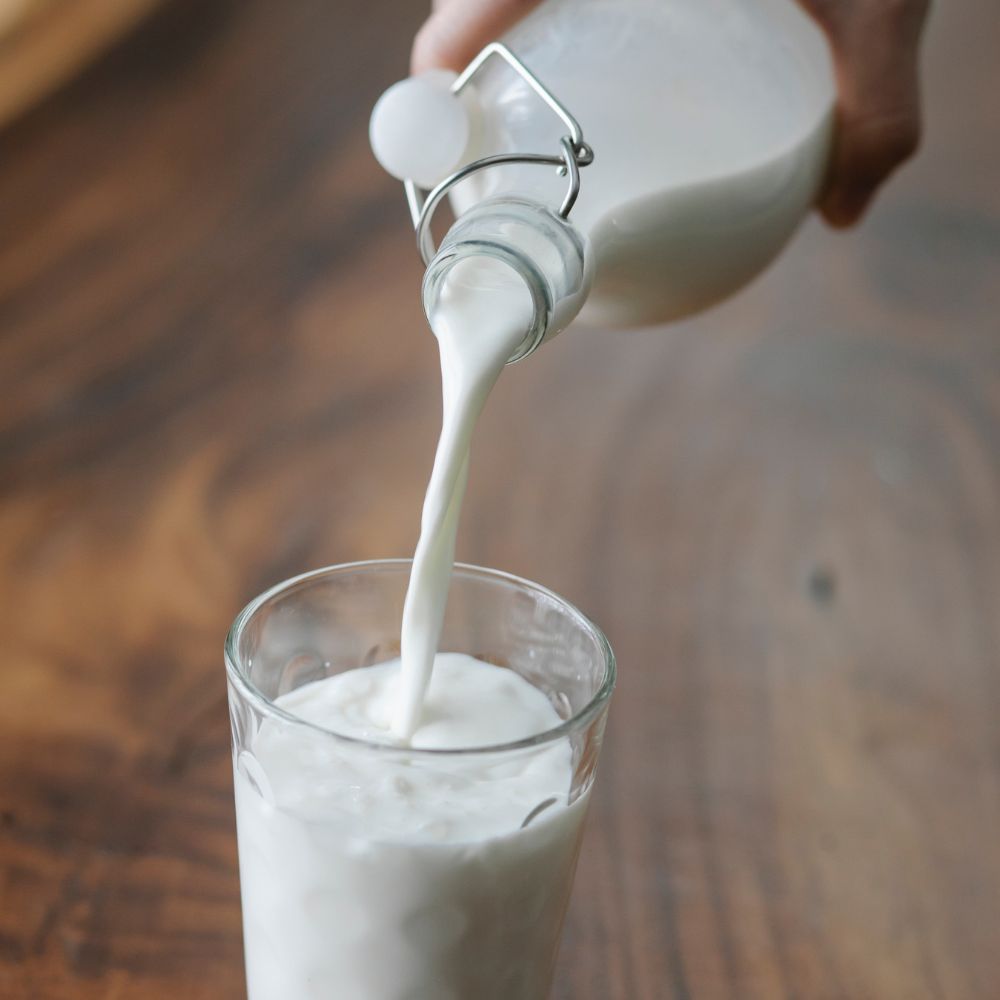If you want to achieve your health goals—whether it’s weight loss, improving gut health, or boosting overall wellness—you need to focus on three essential pillars: Diet, Exercise, and Sleep. These three factors work together to keep your body functioning optimally.
1. Diet: The Foundation of Good Health
A well-balanced diet provides your body with essential nutrients, helping you:
✅ Maintain energy levels
✅ Support digestion and gut health
✅ Strengthen immunity
✅ Achieve weight management goals
What to focus on:
- Eat whole, unprocessed foods like fruits, vegetables, lean proteins, and healthy fats.
- Stay hydrated and avoid excessive processed sugar and refined carbs.
- Incorporate fiber-rich foods for better digestion.
2. Exercise: Movement for a Stronger Body
Regular physical activity helps you stay fit and provides several health benefits, including:
✅ Boosting metabolism and supporting weight loss
✅ Strengthening muscles and improving flexibility
✅ Enhancing digestion and gut health
✅ Reducing stress and promoting better sleep
How to stay active:
- Aim for at least 150 minutes of moderate exercise weekly.
- Include a mix of cardio, strength training, and flexibility exercises.
- Even simple activities like walking or yoga can make a difference!
3. Sleep: The Most Overlooked Pillar
Many people underestimate the power of sleep, but it plays a crucial role in:
✅ Repairing and regenerating the body
✅ Balancing stress hormones
✅ Supporting cognitive function and mental health
✅ Enhancing weight loss and metabolism
Tips for better sleep:
- Aim for 7-9 hours of quality sleep per night.
- Avoid screen time at least 1 hour before bed.
- Create a relaxing nighttime routine to improve sleep quality.
Conclusion
For long-term health and wellness, balance your diet, exercise, and sleep together. If one is missing, your progress may slow down. Prioritize these three pillars, and you’ll be on the right track toward a healthier, happier life!
In case of any related query related to pregnancy nutrition or weight management book an appointment with Dt. Silky Mahajan .You can also send us a mail at info@foodsandnutrition.in or call on 7829999400. Follow us on facebook & instagram for latest updates.











